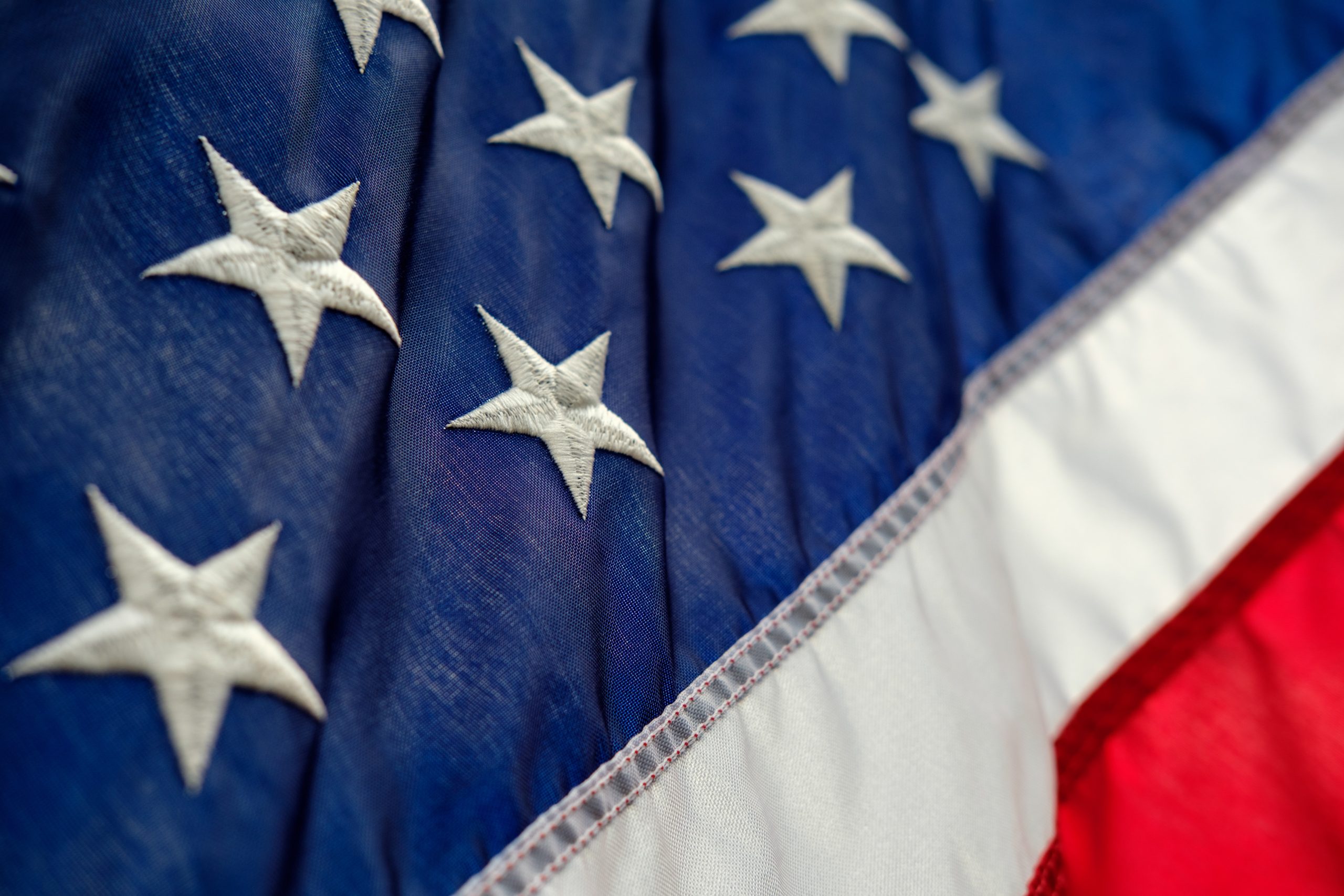The Trump administration has unveiled a long list of punishing tariffs that will affect everyone. This time around they will not exempt Canadian steel and aluminium. Is this the beginning of a worldwide trade war, or simply a clever negotiating tactic by a President who sees himself as an expert on “the art of the deal” – an opening salvo in his campaign to get a better deal for American workers?
Obviously, we don’t know the answer to this question yet, as world leaders scramble to figure out their response. However, once the dogs of war are unleashed – whether it be in a shooting war, or a trade war – we are tossed into the realm of the unpredictable, and we would be wise to take some time to consider our position. Perhaps a look back at trade wars in history might be useful as a place to start.
At one time, it was routine for countries to go to war with each other to protect their trading interests. England, France and Spain carved up the world into spheres of economic interest, and routinely engaged in battles to protect what they saw as theirs. In fact, The United States came into being as a direct result of a trade war with Mother England. The Boston Tea Party was a fight over the payment of a tax on imported tea.
However, by the 20th century the idea of going to war to defend trading interests was fading. Instead, nations waged economic war through the use of government imposed tariffs and duties. The most notorious such legislation – blamed at least in part for bringing in The Great Depression of the 1930s – was the Smoot-Hawley Tariff Act, named after two American legislators who will forever live on in infamy. Although the causes of the depression were many, and not simply the result of this bad legislation, the Smoot-Hawley Act contributed to the world’s slide into a depression that took decades to sort out. It has become synonymous with the folly of trade wars in which everyone loses.
The other thing of interest about the Smoot-Hawley Act is that it was opposed by just about every economist at the time. They had good reason to believe that it would result in the misery it did in fact bring in. More than one thousand economists signed a letter urging the President of the time, Herbert Hoover , not to allow the legislation to go into effect. Hoover disregarded their advice, as did those who sided with Smoot and Hawley. The result was a “hard times” that really didn’t end until the ramped up production that came about as a direct result of the Second World War
Like Hoover, President Trump is obviously not deterred by the warnings from economists of a global trade war that could usher in a new depression. He believes he is going to get a better deal for American workers by pursuing this protectionist strategy. This seems to be his way of negotiating.
Is he right?
Nobody knows what the future holds – including Donald Trump. Conrad Black’s new – and quite sympathetic – book about Trump is called Donald Trump – A President Like No Other. Whether you agree with what is said in the book or not, there is probably no one who will disagree with the title. Donald Trump is unique in almost every respect, and there has indeed never been a president quite like him. He is completely unpredictable, and inspires either visceral hatred and contempt, or blind loyalty – there seems to be no middle ground.
It is also not clear who influences him – if anyone. According to one source, Trump was asked by a now long gone White House official who he listens to, and Trump replied “you’re not going to like this, but I listen to myself”.
So, there is no doubt that President Trump is a strong man with very definite ideas. It is just not always clear what those ideas are.
And the world needs strong leaders. Think of Winston Churchill in 1940. Through sheer will and determination, Churchill guided his country through an almost unbelievably difficult time.
But there have been other strong leaders in the past century whose huge egos have done an incredible amount of harm. The infamous troika of Stalin, Hitler and Mao come immediately to mind.
Trump is neither Churchill nor one of those monsters. He is a determined man who believes in what he is doing. He says that he is taking the actions he is taking in the best interests of his countrymen.
If he is right – if he knows what he is doing – there will be no destructive trade war, and he will get the deal he wants. The world will get back to business as usual.
If he is wrong, we are all in for a rough ride.



